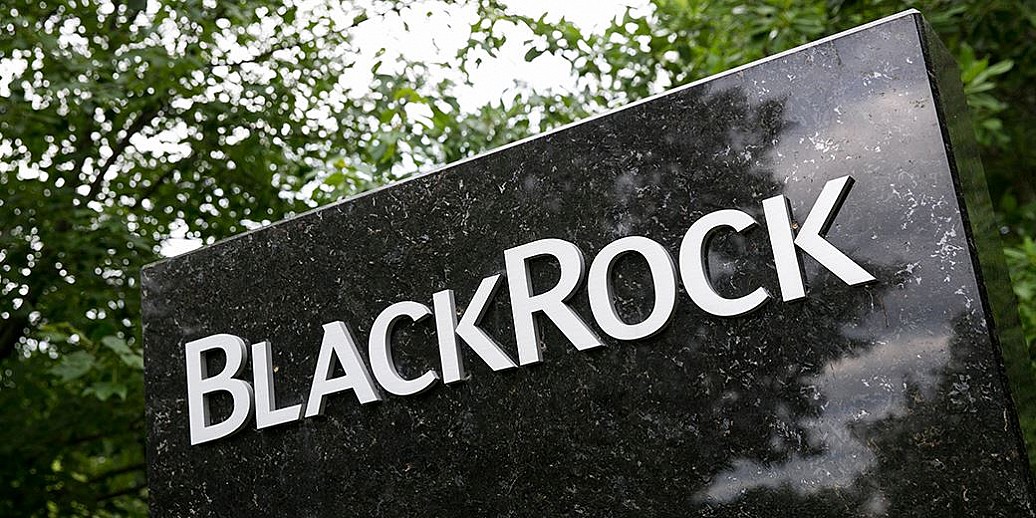BlackRock’s Bitcoin ETF Now Out-Earning Its $624B S&P 500 Fund
03.07.2025 10:00 1 min. read Kosta Gushterov
BlackRock’s spot Bitcoin exchange-traded fund (ETF), known by its ticker IBIT, has surpassed the firm’s flagship S&P 500 ETF in annual revenue, according to a new report from Bloomberg.
Despite being significantly smaller in terms of assets under management, IBIT’s higher expense ratio has pushed it ahead of the iShares Core S&P 500 ETF (IVV) in fee income.
The report reveals that IBIT, with an expense ratio of 0.25%, is projected to generate approximately $187.2 million in annual fees. In contrast, the S&P 500 ETF—BlackRock’s long-standing, $624 billion index fund—charges a much lower 0.03% fee, resulting in a slightly smaller revenue stream of $187.1 million per year.
Bitcoin ETF Momentum Continues
IBIT launched alongside a wave of spot Bitcoin ETFs at the beginning of last year and has since emerged as the market leader. With more than $70 billion in assets under management, it is the most successful ETF tracking Bitcoin’s spot price and recently hit a new all-time high in AUM.
While IVV remains one of the largest ETFs in the world by assets, the earnings performance of IBIT highlights the growing financial significance of crypto-based investment products—especially for institutions looking to diversify revenue streams through higher-fee offerings.
BlackRock’s success with IBIT underscores increasing demand for regulated Bitcoin exposure among investors, as well as the willingness of asset managers to capitalize on rising interest in digital assets.
-
1
How Much Bitcoin You’ll Need to Retire in 2035
19.07.2025 19:09 2 min. read -
2
Bitcoin Price Prediction: As BTC Hits New All-Time High Is $200K In Sight?
14.07.2025 21:56 3 min. read -
3
Esports Giant Moves Into Bitcoin Mining
05.07.2025 13:00 2 min. read -
4
Bitcoin Dominance Nears Key Resistance — Is Altseason Coming Next?
13.07.2025 17:00 2 min. read -
5
Elon Musk Unveils His Own ‘America Party,’ Signals Pro-Bitcoin Political Shift
07.07.2025 11:40 2 min. read
Is Bitcoin’s Summer Slowdown a Buying Opportunity?
Bitcoin may be entering a typical summer correction phase, according to a July 25 report by crypto financial services firm Matrixport.
Massive Bitcoin Move Sparks Panic, Price Tests Range Low
Bitcoin has dropped sharply to test its local range low near $115,000, with analysts pointing to renewed whale activity and long-dormant supply movements as key contributors to the decline.
Bitcoin Scarcity Deepens: Less Than 5.3% Left to Mine
Bitcoin has reached a critical milestone in its programmed supply timeline—only 5.25% of the total BTC that will ever exist remains to be mined.
Bitwise CIO: The Four-Year Crypto Cycle is Breaking Down
The classic four-year crypto market cycle—long driven by Bitcoin halvings and boom-bust investor behavior—is losing relevance, according to Bitwise CIO Matt Hougan.
-
1
How Much Bitcoin You’ll Need to Retire in 2035
19.07.2025 19:09 2 min. read -
2
Bitcoin Price Prediction: As BTC Hits New All-Time High Is $200K In Sight?
14.07.2025 21:56 3 min. read -
3
Esports Giant Moves Into Bitcoin Mining
05.07.2025 13:00 2 min. read -
4
Bitcoin Dominance Nears Key Resistance — Is Altseason Coming Next?
13.07.2025 17:00 2 min. read -
5
Elon Musk Unveils His Own ‘America Party,’ Signals Pro-Bitcoin Political Shift
07.07.2025 11:40 2 min. read


